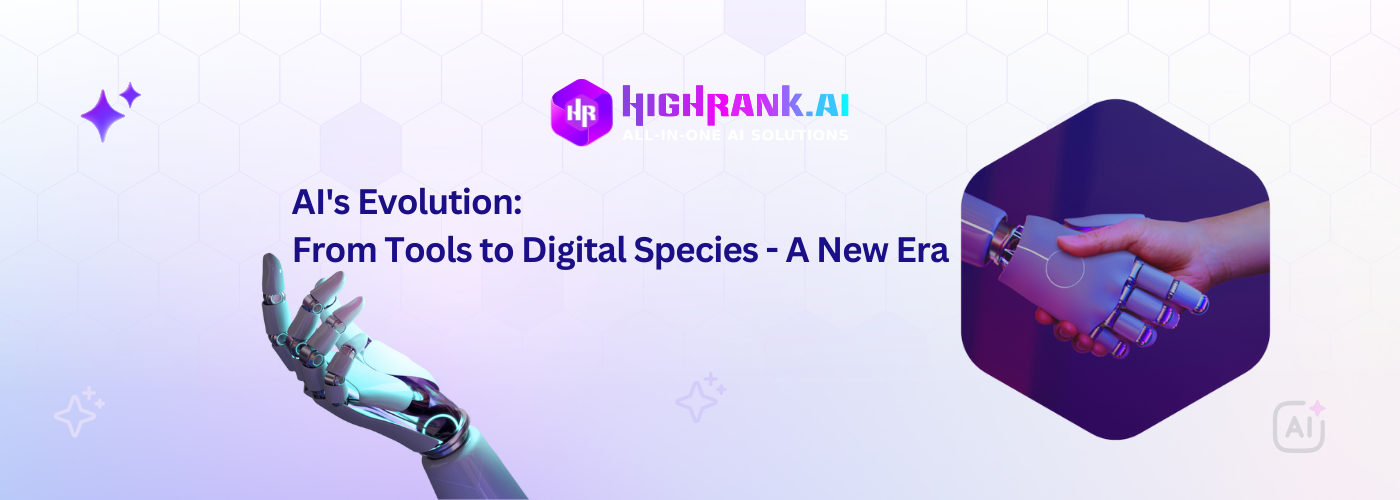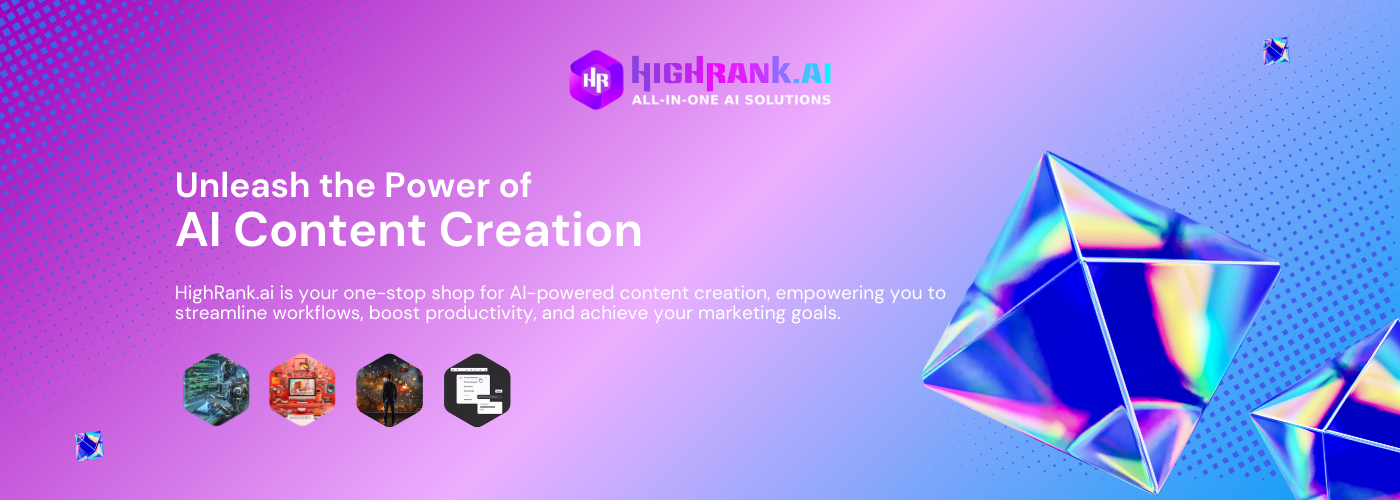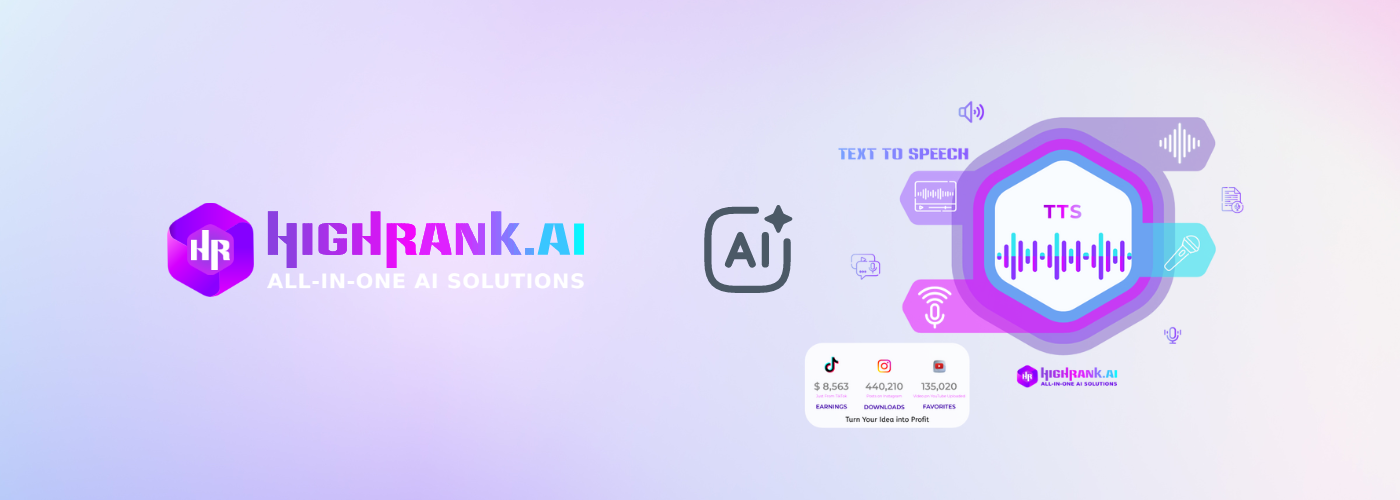
For years, discussions around "Artificial Intelligence" (AI) were limited. Researchers often favored "machine learning" as a term. The concept of Artificial General Intelligence (AGI), with machines surpassing human capabilities, felt like science fiction. But the landscape has dramatically shifted. AI is now a central force in technological advancements. It's beating humans in image recognition, language translation, complex games, and even disease diagnosis. This incredible progress begs a crucial question: what are we truly creating?
Beyond Tools: AI as a New Digital Species
Is AI simply a tool? This framework no longer captures AI's full potential impact. AI is constantly evolving, and intertwined with our lives. It's dynamic, not passive. So, let's explore a new metaphor: AI as a nascent digital species.
Don't misunderstand this – AI entities aren't biological. But consider their capabilities:
- Communication
- Learning and Evolving
- Perception of data
- Information processing
- Rudimentary planning and reasoning
- Memory
- Creativity (think AI-generated art!)
- Acting autonomously
Traditional tools don't learn or evolve at such a rapid pace. To truly grasp AI's significance, we must move beyond a human-centric view of AI as solely a tool for control. The "digital species" metaphor encourages us to consider AI as potential partners, collaborators, or even competitors on Earth.
The Promise and Peril of a Digital Future
The implications are profound. Remember the internet and browsers? Smartphones and apps? Cloud-based supercomputing paves the way for similar advancements with AI. Imagine a world with readily accessible, user-friendly AI through conversational interfaces. Personalized AI tutors, medical advisors, and even companions could become commonplace.
However, with this potential for good comes inherent risks. The ability of digital species to self-replicate and evolve rapidly necessitates a proactive approach to safety and ethics. As we navigate this uncharted territory, clear boundaries prioritizing human well-being and agency are crucial.
Shaping a Future Worth Inheriting
AI's emergence as a digital species presents a unique opportunity: building a future vastly different. Resource scarcity and geographical constraints could be a thing of the past. AI's limitless potential offers solutions to our most pressing challenges, from climate change to healthcare and education.
The Responsibility and the Challenge
As we interact and develop AI, we must be mindful of the ethical implications. We have a responsibility to ensure AI amplifies our humanity, fostering a future defined by empathy, creativity, and shared progress. This is a defining challenge of the 21st century, one that demands careful consideration, open dialogue, and a commitment to harnessing the power of AI for the betterment of all.

